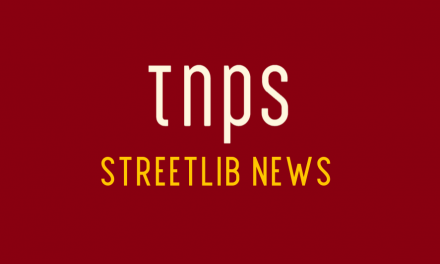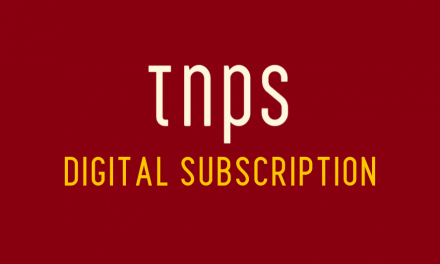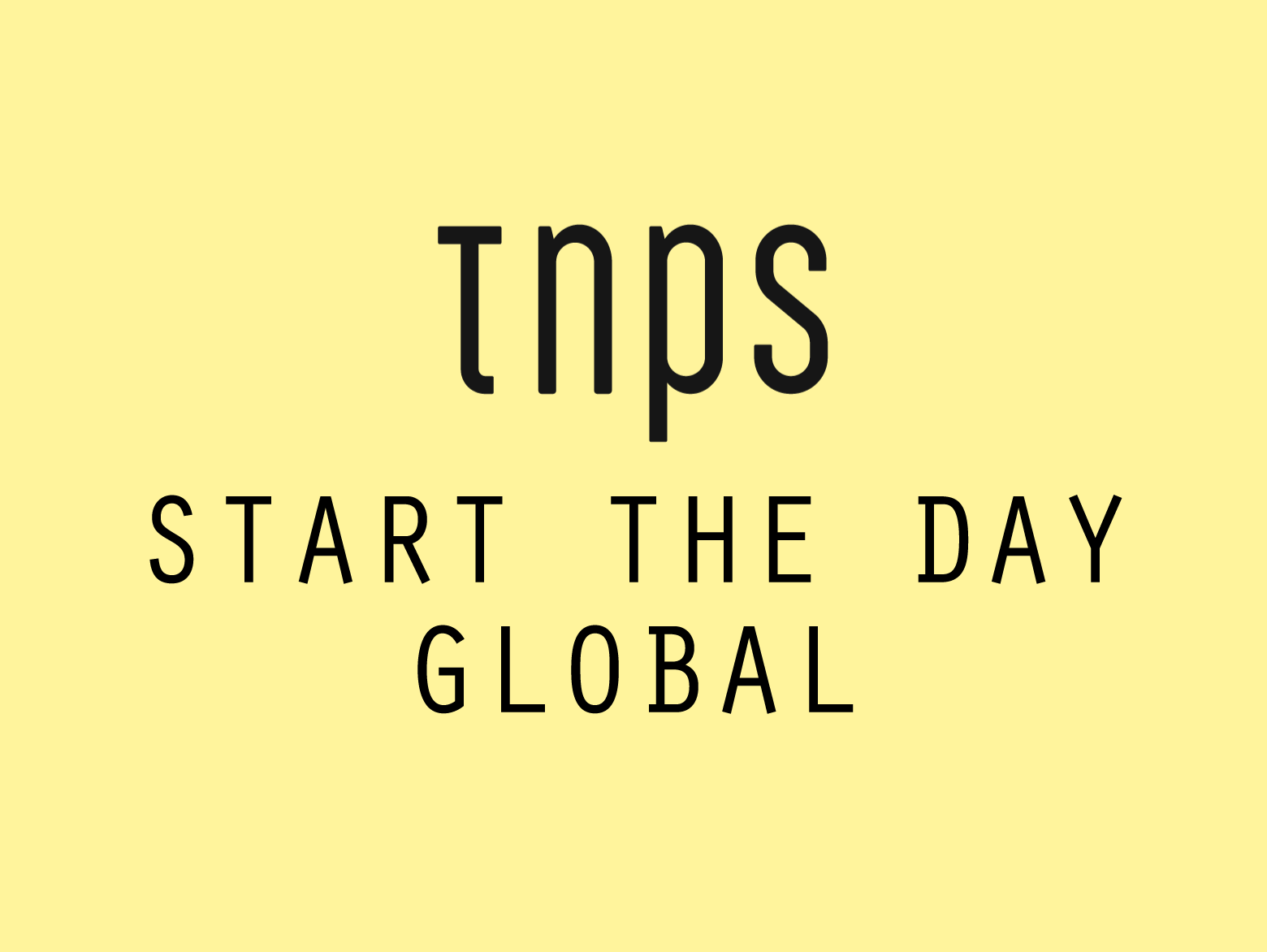It’s been a while since the release of The Cursed Child, the Fantastic Beasts and Where to Find Them and the Hogwarts Library digital audiobook, and revenues have been hit, as The Bookseller reports.
In the period, revenues were £32.8m, down from the previous year’s £40.3m. Pretax profit was £3.4m, compared with £3.5m. Nevertheless, the result showed that Pottermore is less reliant on new product to maintain turnover—sales have now grown from £7m in 2015 to £15m in 2016 to last year’s £40.3m, with the company moving back into profit in the 2017 fiscal year.
Pottermore chairman Neil Blair noted,
The company continues to benefit from the open commerce strategy it initiated in 2015, making its content increasingly available globally through online retail and library partners such as Amazon, Apple, Audible, Google, Kobo, Storytel and Overdrive … Sales of J K Rowling’s Harry Potter e-books and digital audiobooks remain strong and the current financial year to 31 March 2019.
However, that still leaves Harry Potter print and digital content almost impossible to buy in many part of the world where pirate copies, both print and digital, are the only recourse for eager Potter fans.
In a recent Big Bad Wolf interview with Malaysia Tatler it was reported,
Rummaging through towers of books in their artsy office, Jacqueline (Ng) finally finds the pirated copy of Harry Potter and the Prisoner of Azkaban she’d been looking for. “I visited Dhaka’s largest bookstore and discovered—despite the full cafe and positive ambience—that their entire book collection amounted to less than what we’d find in our cooking aisles. As such, everyone settles for black market books.” A strong odour, reminiscent of petroleum, pervades the room as I thumb through the book’s translucent paper printed with irregular font.
It’s not that consumers in countries like Bangladesh want to buy pirated books so much as that regular editions of these books are simply unavailable.
Blair mentions how Pottermore titles are available through Amazon, Apple, Audible, Google, Kobo, Storytel and Overdrive, but here’s the thing. Only one of those, Kobo, is available globally, and even then not in any meaningful way, even in English, as a buyer in Bangladesh will be simply redirected to the Kobo US “international” store where they will have to pay the US price in US dollars with a US-accepted bank card.
Pottermore will be reliant on JK Rowling to produce new content that will really drive revenues in the next decade, and print production has very real viability limits in the nascent markets, but what Pottermore can do is explore distribution options in those parts of the world where the Big 5 digital retailers fear to tread.
With over half the world online with a device in their hand that could download a Harry Potter book, there’s still plenty of room for Pottermore to boost its revenues, even if Rowling never pens another word of Harry Potter.






I like the Harry Potter books, the movies are cool too. However, books convey these emotions much better.